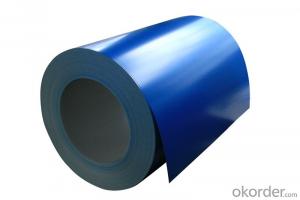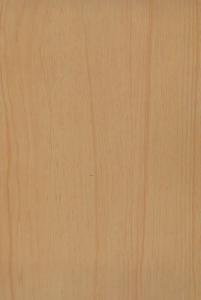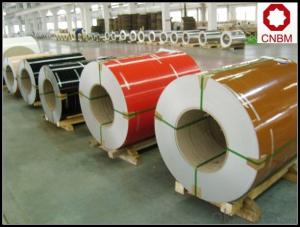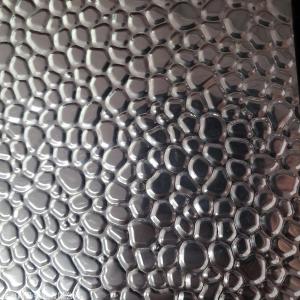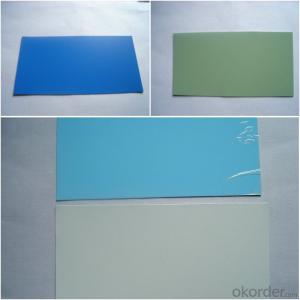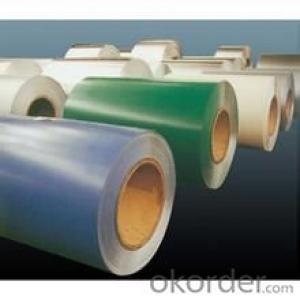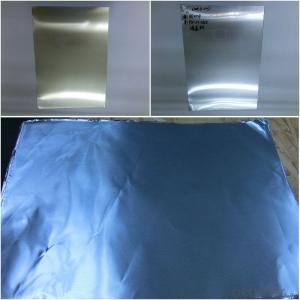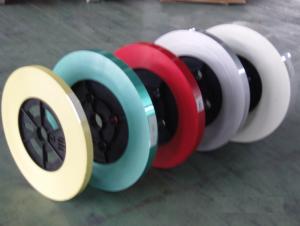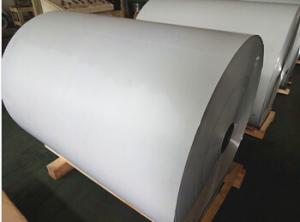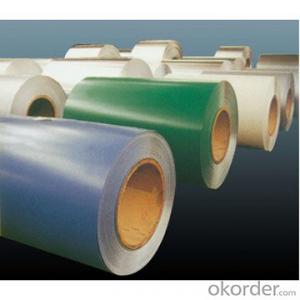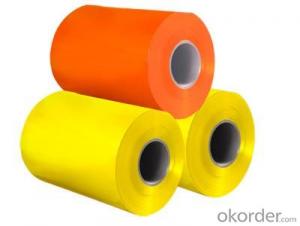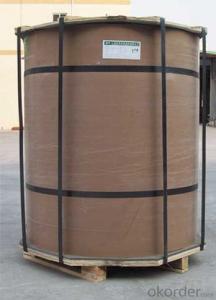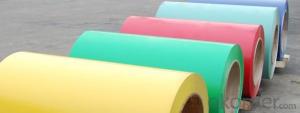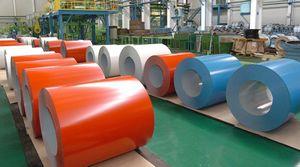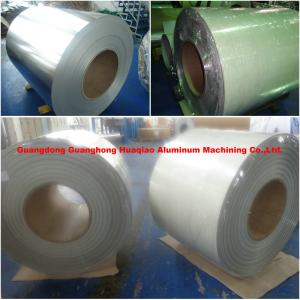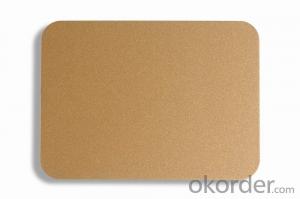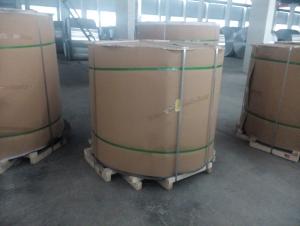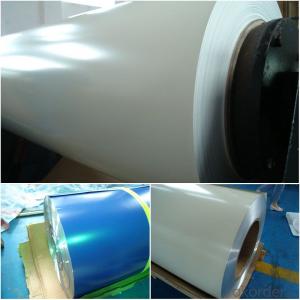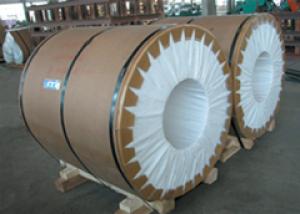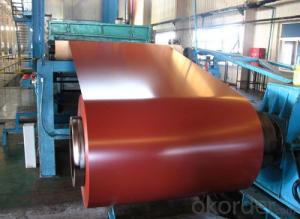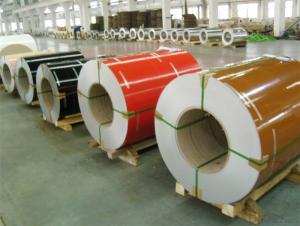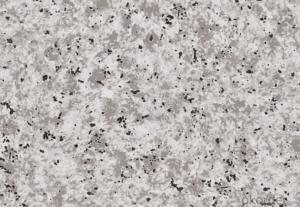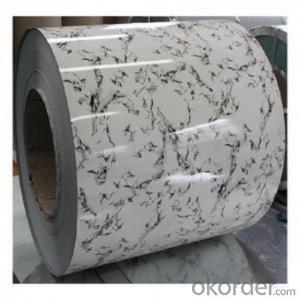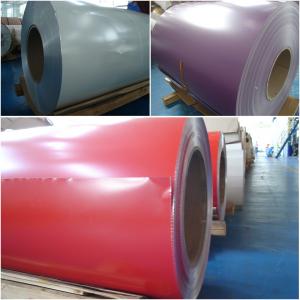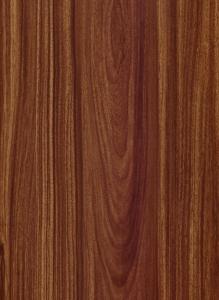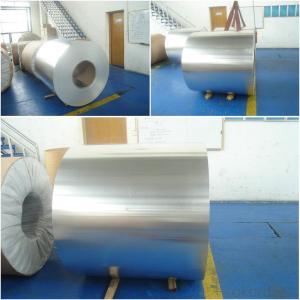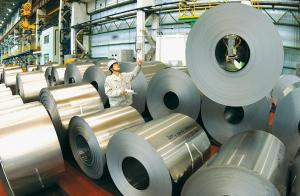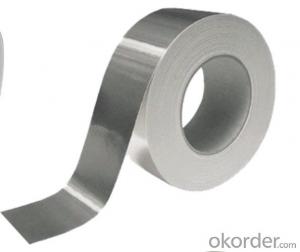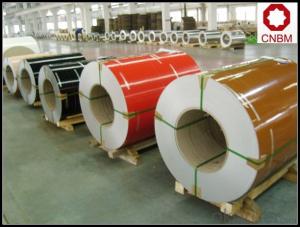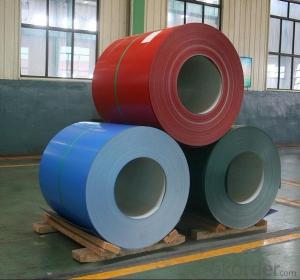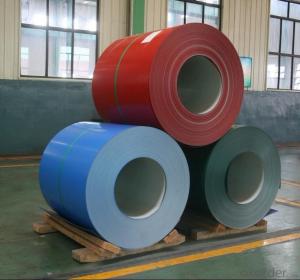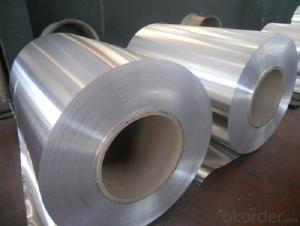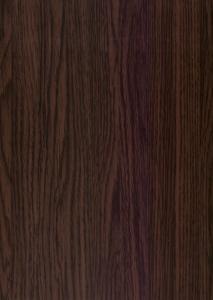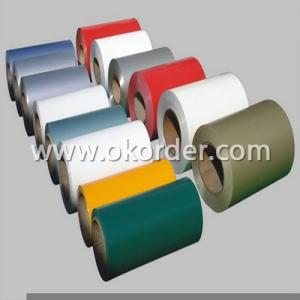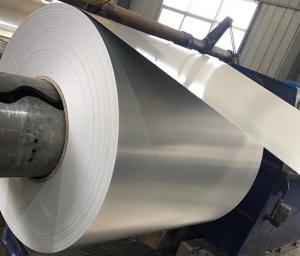Vinyl Coated Aluminum Coil
Vinyl Coated Aluminum Coil Related Searches
Vinyl Coated Aluminum Trim Coil Pvc Coated Aluminum Coil Color Coated Aluminum Coil Colored Aluminum Coil Vinyl Coated Aluminum Coil Stock Polished Aluminum Coil Anodized Aluminum Coil Aluminum Vinyl Siding Trim Coil Aluminum Alloy Coil Aluminum Wire Coil Powder Coated Aluminum Coil Pvc Aluminum Coil Copper Colored Aluminum Coil Coil Coated Aluminum Textured Aluminum Coil Copper Aluminum Coil Aluminum Coil Pipe Aluminum Copper Coil Buy Coated Aluminum Coil Aluminum Voice Coil Prepainted Aluminum Coil Aluminum Ac Coil Wooden Texture Coated Aluminum Coil Aluminum Evaporator Coil Embossed Aluminum Coil Coil Aluminum China Color Coated Aluminum Coil Roll Aluminum Coil Pvc Coated Aluminum Trim Coil Coated Aluminum Coil PeVinyl Coated Aluminum Coil Supplier & Manufacturer from China
Vinyl Coated Aluminum Coil is a versatile product that combines the strength and durability of aluminum with the flexibility and weather resistance of vinyl. This unique combination results in a material that is highly sought after for various applications in construction, automotive, and signage industries. The vinyl coating not only enhances the aesthetic appeal of the aluminum but also provides protection against corrosion and wear, making it an ideal choice for both indoor and outdoor use.The application of Vinyl Coated Aluminum Coil spans across a wide range of scenarios, from residential and commercial buildings to transportation vehicles and advertising billboards. Its lightweight nature and ease of installation make it a popular choice for roofing, siding, and cladding applications. Additionally, the vinyl coating allows for a wide range of colors and finishes, enabling designers and architects to create visually striking structures with ease. In the automotive sector, vinyl coated aluminum is used for manufacturing car parts and accessories, while in the signage industry, it is utilized for creating durable and eye-catching signs.
Okorder.com is a leading wholesale supplier of Vinyl Coated Aluminum Coil, boasting a large inventory that caters to the diverse needs of various industries. With a commitment to quality and customer satisfaction, Okorder.com ensures that the vinyl coated aluminum coil they provide meets the highest standards of performance and durability. Their extensive range of products is available at competitive prices, making them a go-to destination for businesses looking to source this innovative material for their projects.
Hot Products
